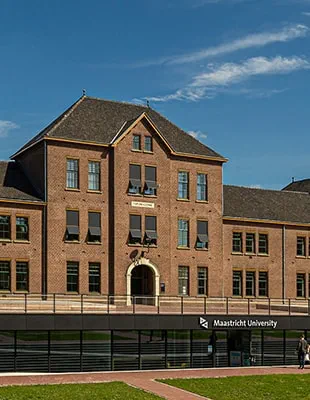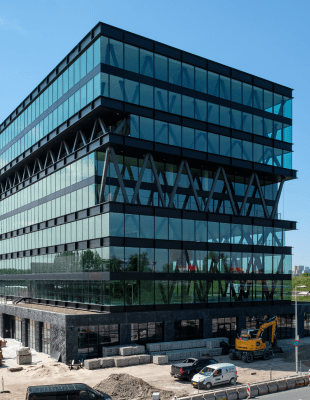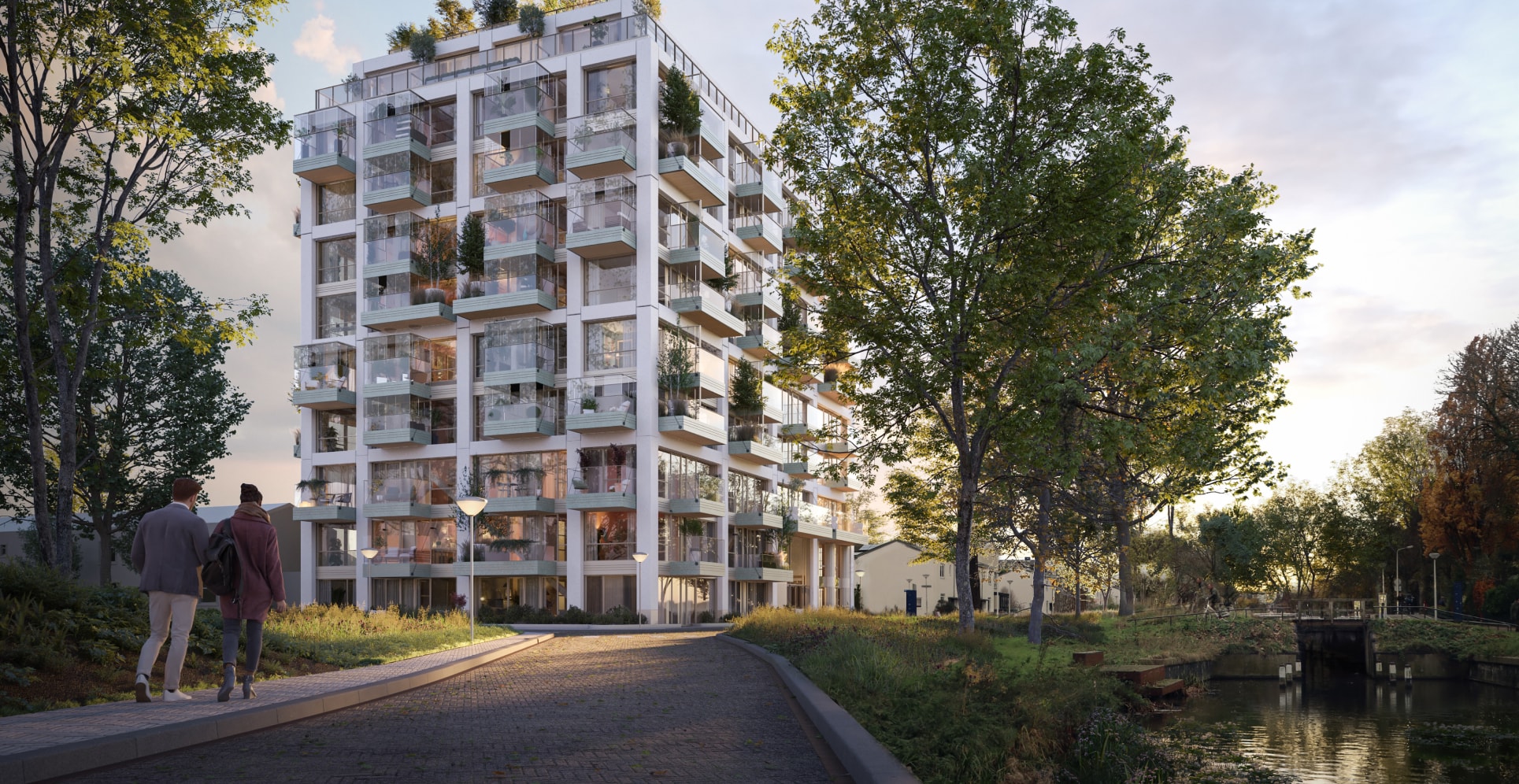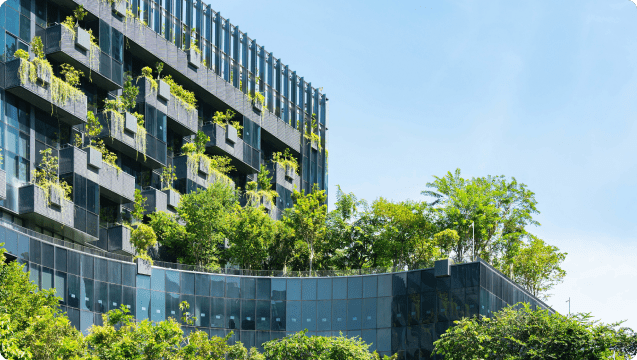Table of Contents
The challenge
La Tour des Poissonniers is situated in a location dominated by noise and pollution, in contrast to Paris Habitat’s vision for a sustainable, healthy space
157
La Tour des Poissonniers is a distinctive landmark in Paris. Enveloped by the Périphérique, a dual carriageway ring road circling the edge of the city, the tower stands around 50 meters tall against a torrent of busy, noisy and polluting traffic.
Welcomed into the city’s New Urban Renewal Program, the building, born as social housing in the 1960s, is bearing the impact of multiple previous renovations. The plan is to transform the tower to accommodate some of Paris’ brightest minds as part of Sorbonne University’s estate.
Paris Habitat’s vision is to embed sustainable thinking and design innovation in the creation of a new standard in comfort, health and wellbeing.
The solution
Our design balances innovation and convention to create the optimum environment to live, work and play
209
Arcadis is part of a multidisciplinary team of experts delivering this project on behalf of Paris Habitat, contributing design and engineering solutions to tackle the interior air quality, the building structure, road and utilities, and the sustainability certification.
Underpinned by a human-centric approach, the team has invested significant effort in understanding how the building will be used through the vantage point of its future users. The design reflects the activities to be undertaken by the students and researchers, whether it’s an interaction in the living space, social activity in the communal areas, right down to the minutiae, such as the impact of the ventilation system on students’ work with paper.
To improve air quality and reduce the buildup of pollutants inside, the team designed a mechanical ventilation system, ensuring the circulation of fresh air through a series of ducts and fans.
-
Read more
The geothermal heating system is also designed to be as sustainable as possible, using heat pump technology to infuse the groundwater. This was challenged by the tight dimensions of the site, with the two wells – one to collect water, the other to return it to the ground – being close together. Here, every meter mattered, with the design optimized to create as much distance between the two as possible – creating energy efficiencies.
For the structural work, every effort was made to work within the existing construction to manage the impact on both the environment, and the budget. For the planned extension – a belt around the foot of the building that will house a music and dance school – materials have been chosen for their low embodied carbon and high strength, mitigating the load on the existing tower. Throughout the renovation, circular economy principles will be followed, ensuring that much will be recycled, or sourced from the reuse sector

The impact
A sustainable development that promotes comfort, health and wellbeing for occupants
17
The project is due to be completed towards the end of 2025 and is aligned with Paris’ vision for a post-carbon city. The aim is to achieve NF Habitat HQE ‘Exceptional’, and ‘Bâtiment Durable Francilien’, sustainable building certifications.
The HQE standard is made up of three commitments: quality of life, respect for the environment and economic performance. In addition, four thematic profiles are also targeted: the indoor air profile, the low-carbon profile, the circular economy profile and the biodiversity profile.
This measurement will not be calculated based on the design concept but on the built reality. Upon completion, air quality measurements will be taken onsite to ensure that the building meets the required standard. Furthermore, there will be assessments of acoustic comfort, energy consumption and biodiversity.
Arcadis will be using its sustainability accreditation expertise to understand and measure the impact of the design in real-time during construction, partnering with other contractors on the project to ensure delivery of the intended environmental benefits.
But this project is not just about meeting predefined industry or city standards. Instead, it will be the lived experience of the students, researchers and young professionals who use La Tour des Poissonniers that will ultimately determine the project’s success and its future legacy in Paris.
Behind the solution
Not done reading?
This also might be interesting for you
- Related Projects
- Related Insights
- Related Blogs










